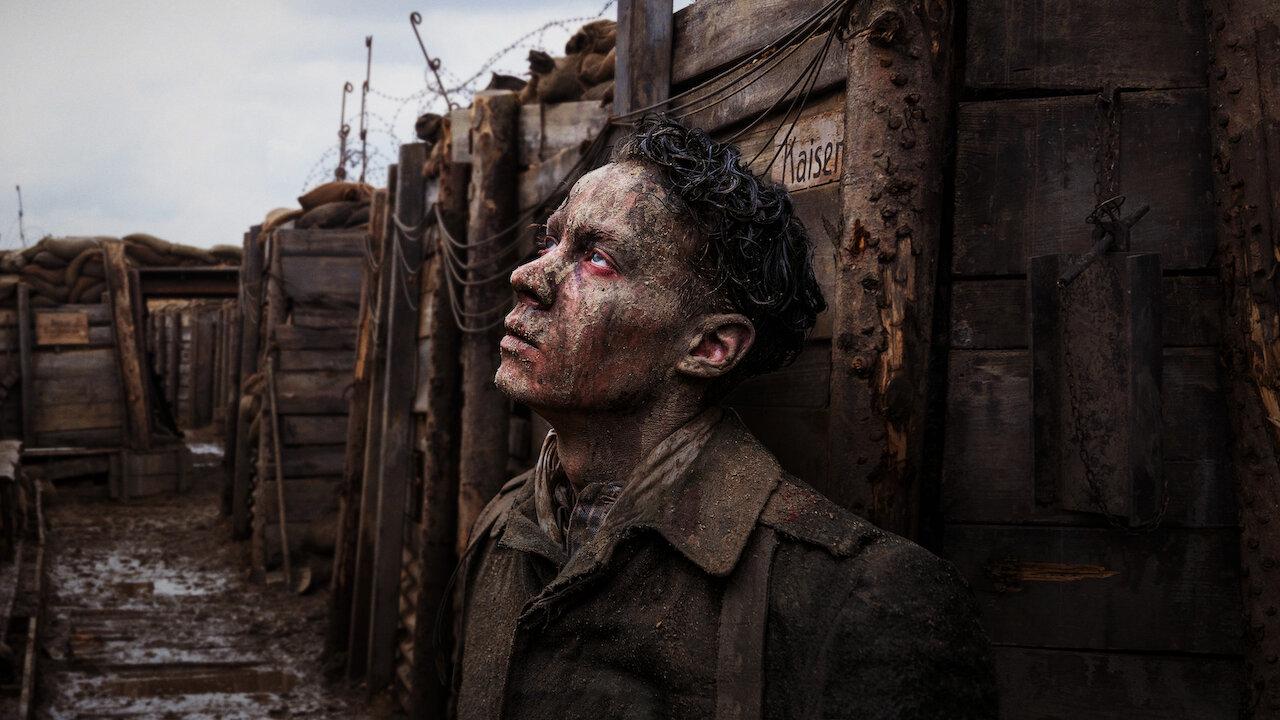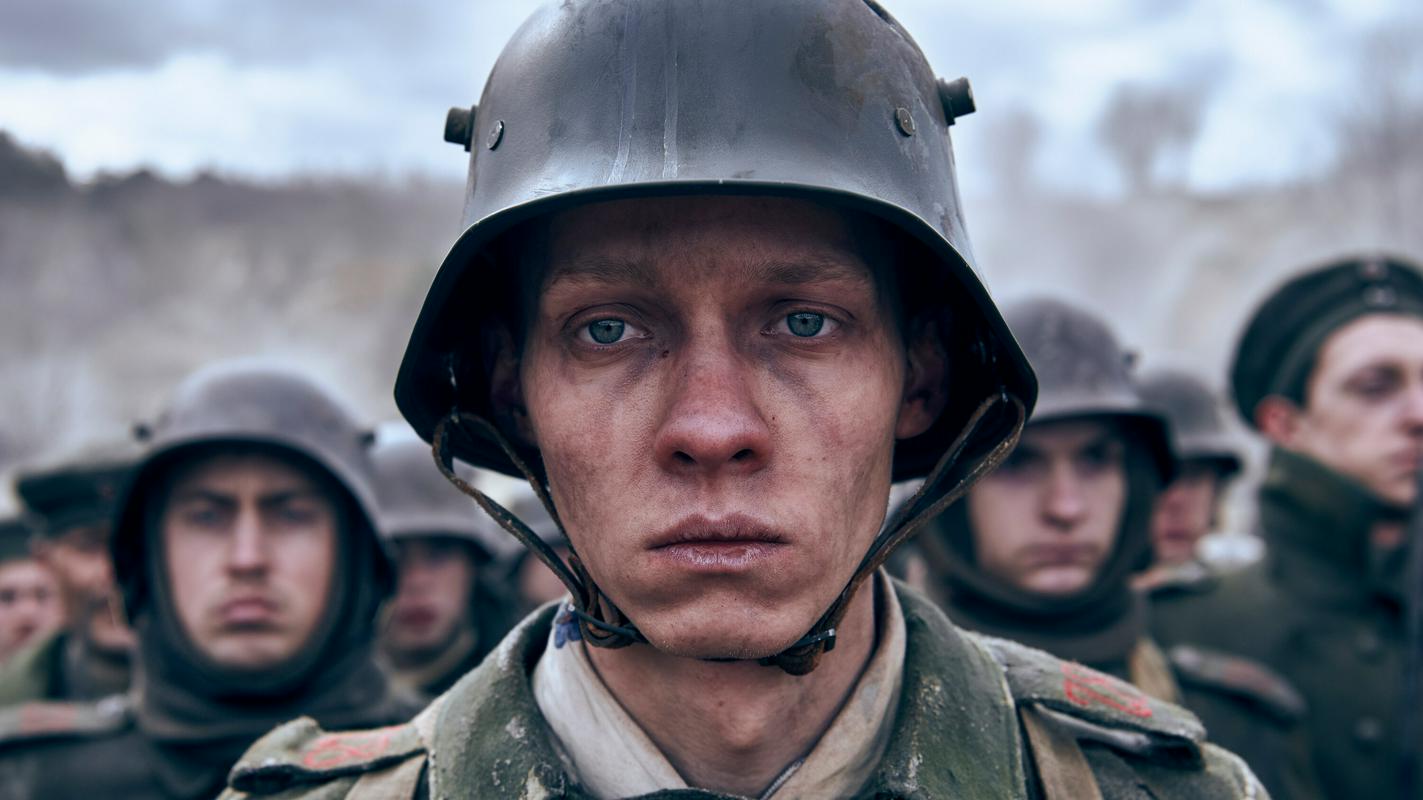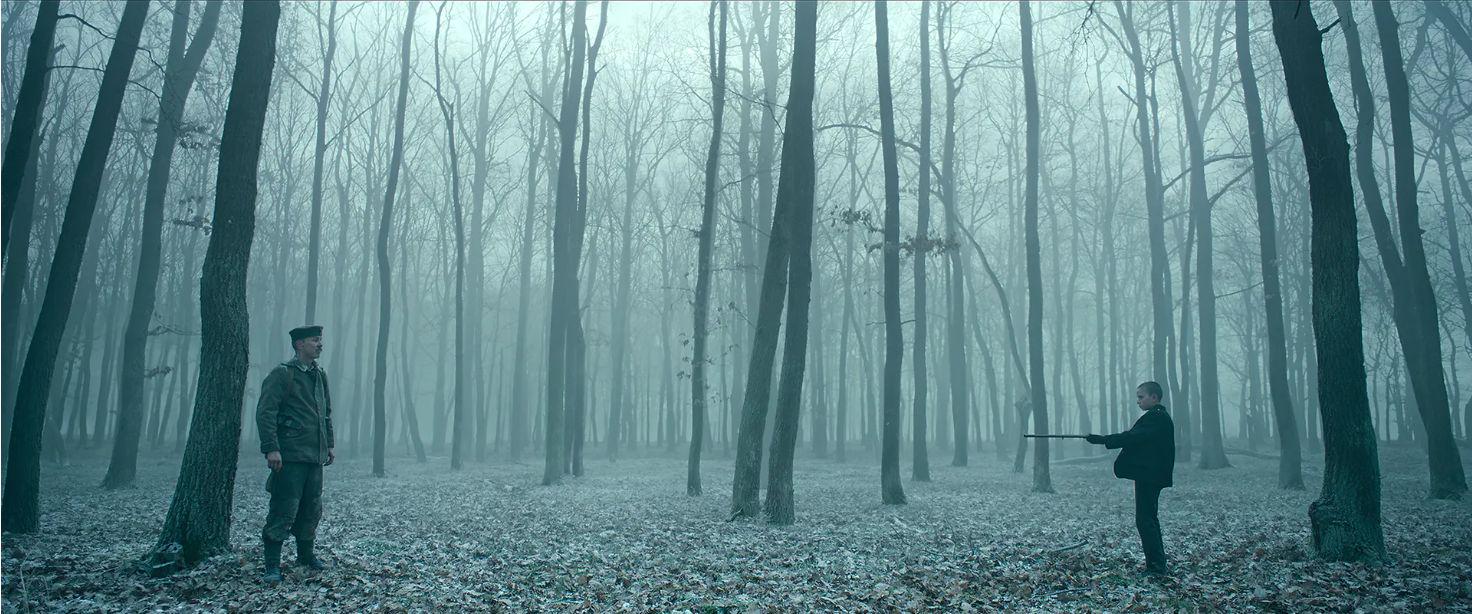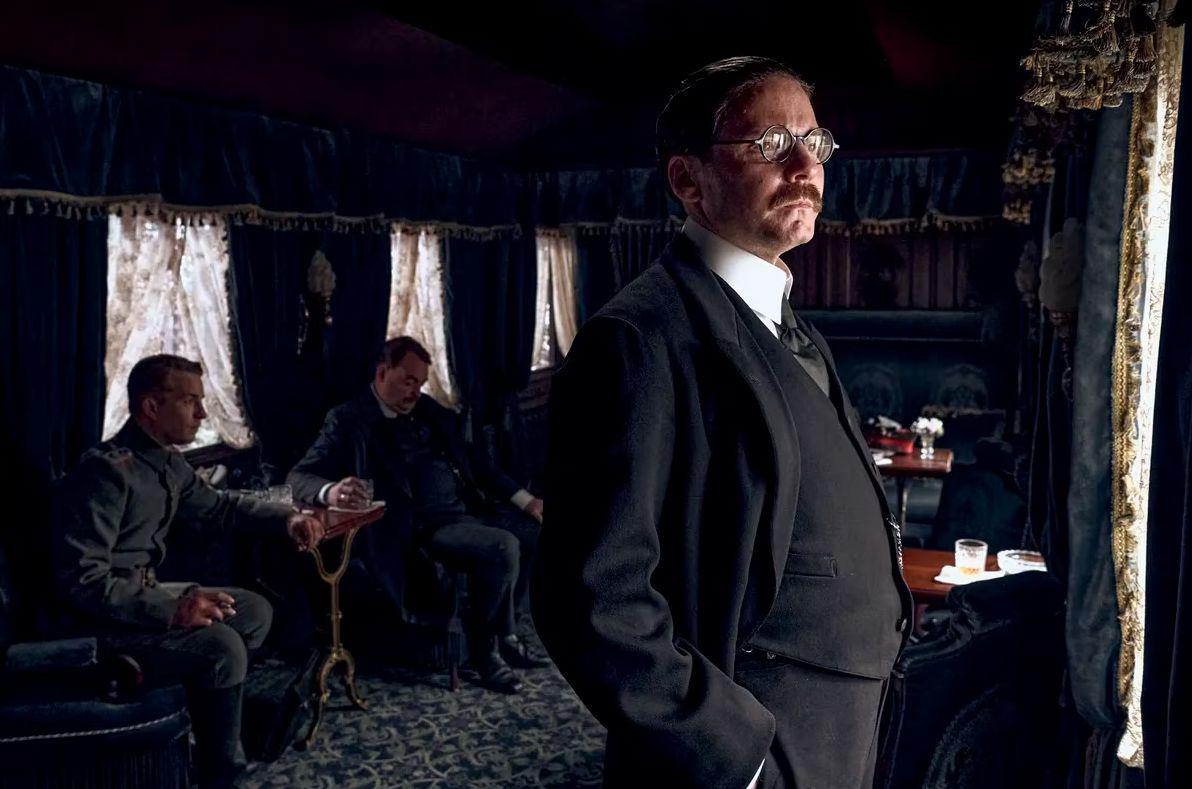
In 1933, in Germany, the book Nothing New in the West was burned at the stake as an example of “degenerate art”; her message – there are no heroes in war, only senseless death – did not go down well with the Nazi party. Today, it is written into the foundations of every war film.

Under the auspices of Netflix and directed Edward Berger (let’s remember him by the series Patrick Melrose) we got the first German screen adaptation of the classic novel Nothing new in the West (Im Westen nichts Neues) by Erich M. Remarque. Hollywood filmed its version way back in the 1930s, and it could be argued that sooner or later this story simply had to be filmed with German actors and in the German language – even though the idea of a “German perspective” in this genre has long ceased to be revolutionary or daring.
The result was a suitably high-budget, competent and not at all subtle entry into the anti-war epic genre, which, however, both in terms of content and form, follows established tracks; stylistically he relies heavily on Dunkirk (2017) by Christopher Nolan. Berger’s film is impeccable in many respects, but in no way exceeds the boundaries of its genre, as individual masterpieces by Kubrick or Coppola managed to do.
One of the quotes often attributed to François Truffaut is the observation that “there is no such thing as an anti-war film” – this should indicate that every war film, even if imbued with a pacifist message, will always, at least indirectly, glorify and aestheticize armed conflicts through the dramatic display of conflict and alliances in military ranks. But if this kind of cynicism and saturation (what was not Mendes’s 1917 just now nominated for ten Oscars?) aside for a moment, it must be admitted that Nothing new in the west achieves its goal: with a hundred-year-old story, it moves and vividly presents the horrors of the (World War I) war, which have been described countless times. Expect two and a half hours of pain, blood, mud and cold. Perhaps – in the light of the current events in Ukraine – it is even distasteful to claim that war films are “chewed”, “repetitive” and “routinely made”, when humanity has clearly not yet internalized certain teachings. Is it presumptuous to wish at least that the author would approach the message with which we all agree in principle with a little more authorial audacity?

The dramaturgical arc of the story follows the transition from naive idealism to a bitter disappointment in the young German soldier: when we first see the young Paul Bäumer (Felix Kammerer), is a 17-year-old still green behind the ears, who was inspired by a furiously nationalist teacher with speeches about the “honor” of the war. Unlike the viewer, Paul and his classmates, who enter the army with forged signatures of their parents, do not know that they “inherited” the neatly folded and patched uniforms from the young men who fell before them. (By the way: in the novel, Paul goes to war at the beginning of the conflict, which justifies his eagerness much better than the film’s premise that in 1917, after three years of fighting and millions of casualties, he still has hoods over his eyes.)
But since war is a collective and not an individual effort, Bäumer, as is often the case in war films, soon merges in the viewer’s eyes with the other, equally young, muddy and disoriented foot soldiers. (There are mentions of children, professions and families, but it is difficult to keep them in mind in relation to individual soldiers.) Was the spectacle of war simply more interesting for the director than the fate of individuals? Or maybe it was a deliberate authorial decision to make the characters character-wise and visually interchangeable: death is, after all, the great equalizer, and apparently none of them will escape it. Berger catalogs all possible permutations of the end – on the point of a bayonet, under a cloud of poisonous gas, under a caved-in bunker ceiling, from a well-aimed bullet – with eerie vividness.

Felix Kammerer is nevertheless a name to remember: in a series of close-ups, the young actor gives a complete transformation from a vital, self-confident man to a broken shell of a man without any unnecessary words. Thanks to Krammerer, the scene of the duel, which takes place in complete silence in the bomb crater, is one that will remain in the memory even after the rest of the film’s details fade.
Most of the action is confined to the devastated front; Berger paints a world of corpses, streams of blood, ruins and destruction with due awe. Moments of ominous calm in waterlogged trenches are interspersed with battle scenes; the most horrific of them, the monstrous counterattack of French tanks, which crumple bodies beneath them like overripe fruit. Like most World War I movies, too Nothing new in the West underlines that the Western Front was more or less a barren factory of death, where they were slaughtered for many years without one side or the other achieving any major shift in the battle line.
The script, which allows itself a lot of liberties in relation to the literary proposal, among other things adds a plot that contributes a lot to the message on the subject of the arbitrariness of war and insignificant details, which, however, have fatal consequences for millions of people. While they are being slaughtered at the front, spears are being broken behind the scenes between Minister Matthias Erzberger (Daniel Brühl) and General Friedrich (David Striesow): the first is a pacifist, the second a descendant of a military family, who would like to crown himself with war glory. Together, they are tasked with reaching and signing an armistice between the now clearly defeated Germany and the Allied Powers. Erzberger, who himself lost a son in the fighting, no doubt has noble intentions and also understands that people die while negotiators waste time flexing their muscles and nibbling on French croissants. But his “fight” takes place exclusively in elegant salons and velvet-upholstered train carriages – so politics is never the one that pays the high price of defeat.

A standout aspect of the film is its – surprisingly anachronistic – soundtrack: Volker Bertelmann through the rhythmic use of drum and synthesizer, he maintains a constant sense of doom and impending disaster; his music is more reminiscent of the German club scene than the routine tricks of a certain Hans Zimmer. Death can strike at any moment, the music suggests, even when an armistice has been announced and peace is on the horizon.
The main consequence of Berger piling on apocalyptic destruction and misery from the first scene to the last is the complete stupor of the exhausted audience when the closing credits finally roll. Nothing new in the West is a film that is hard to fault, but we can (quietly) suspect that it over-adorned itself with the grotesque decorations of war and set itself up for Oscar bait. And he succeeded: on March 12, he can collect as many as nine Oscars, among which the statuette for the best international film is probably already guaranteed.
Rating: 3.5
Source: Rtvslo